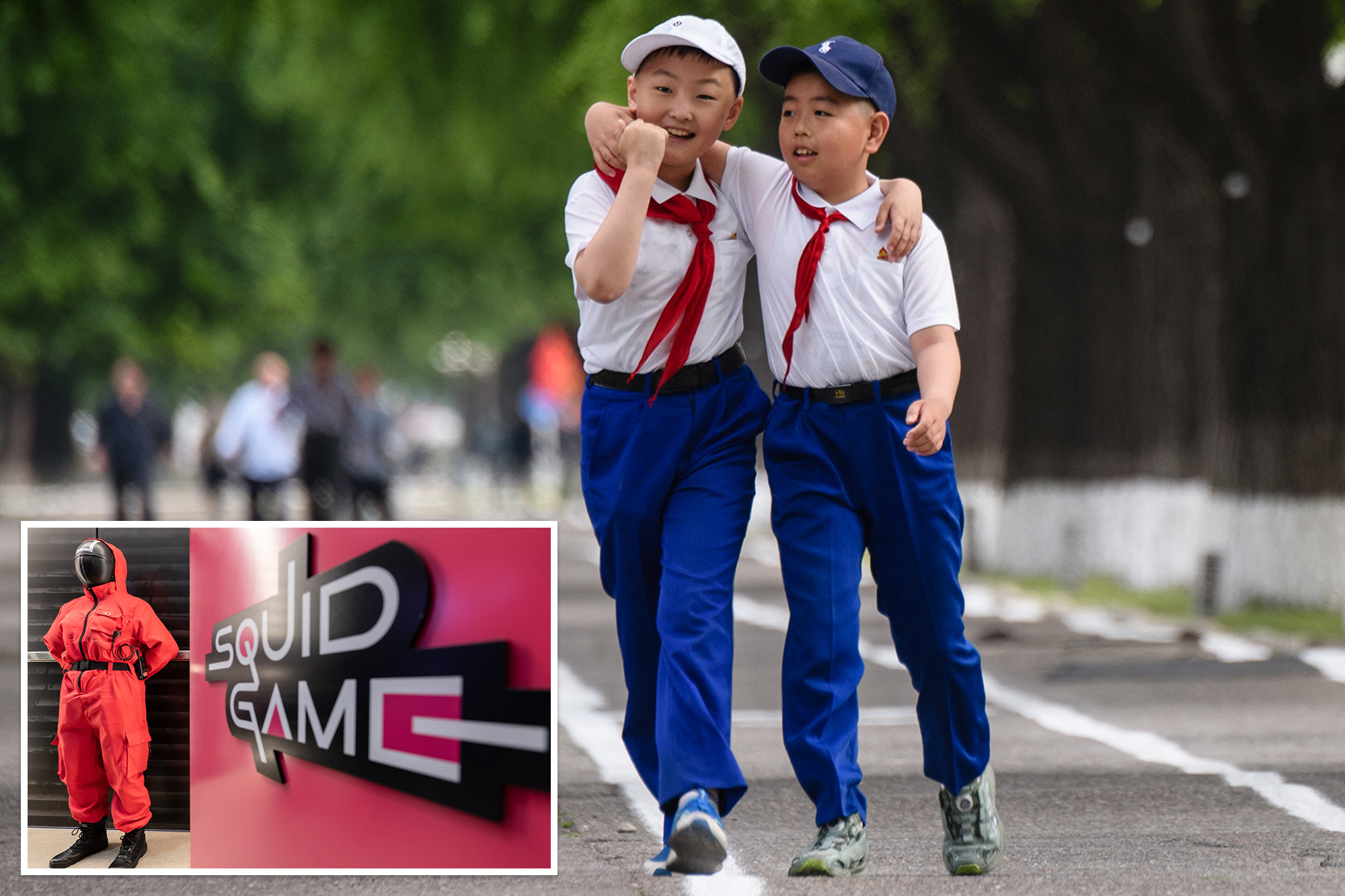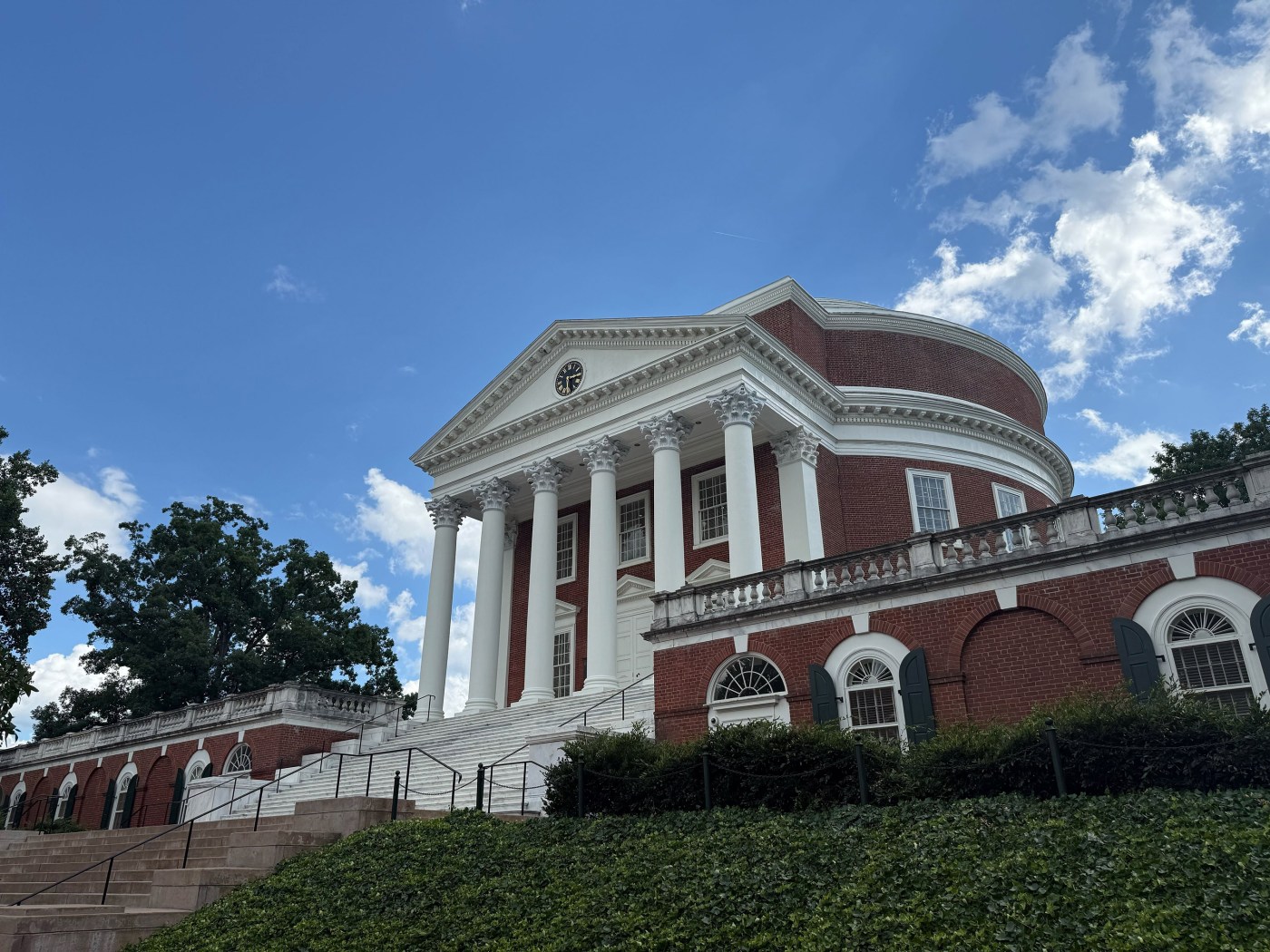
UPDATE: A new workplace trend, dubbed “quiet vacationing,” is rapidly gaining traction among employees this summer. This unsettling practice allows workers to pretend they are engaged in their jobs while actually enjoying time off, raising concerns about workplace ethics and employee well-being.
Recent data from a Harris Poll reveals that nearly 40% of millennials are secretly taking vacation days without informing their employers. This phenomenon is often facilitated by technology, allowing workers to maintain the appearance of being “on duty” while lounging on a beach or exploring new destinations.
Unlike “workcations,” where employees openly communicate their remote work status, quiet vacationers operate discretely. They may respond to emails or send messages at unusual hours, creating an illusion of productivity. According to a Resume Builder study, 1 in 8 workers engaged in quiet vacationing last summer, with around 11% admitting to taking unsanctioned leave.
Millennials, in particular, are reportedly driving this trend. A recent article from Fortune highlights that their anxiety about requesting time off is a significant factor. Many feel that asking for leave could jeopardize their career advancement. This pressure leads to a culture where employees feel compelled to “work” while on vacation, further blurring the lines between personal and professional life.
In a revealing statement, career coach Kyle Elliott noted, “A shift in the frequency or timing in their responses can indicate that an employee is on a secret vacation.” With this trend escalating, employers are urged to recognize the signs and address the underlying issues contributing to this behavior.
Experts warn against the risks associated with quiet vacationing. Conor Martin Hughes, a senior professional with the Society for Human Resources Management, cautions that while it may provide short-term relief, the practice is ultimately detrimental. “Employees need to fully recharge without distractions,” Hughes stated, emphasizing that quiet vacationing can lead to feelings of dishonesty and resentment among colleagues.
Instead of resorting to secretive measures, experts advocate for open dialogues between employees and employers about work-life balance. Addressing the cultural issues that prompt quiet vacationing is crucial for fostering a healthier workplace environment.
As this trend unfolds, it raises critical questions about workplace culture and employee needs. Will companies adapt to support their staff better, or will quiet vacationing become an accepted norm? With the summer in full swing, the conversation around this issue is more urgent than ever.
Stay tuned for further developments on this emerging trend and its implications for the future of work.





